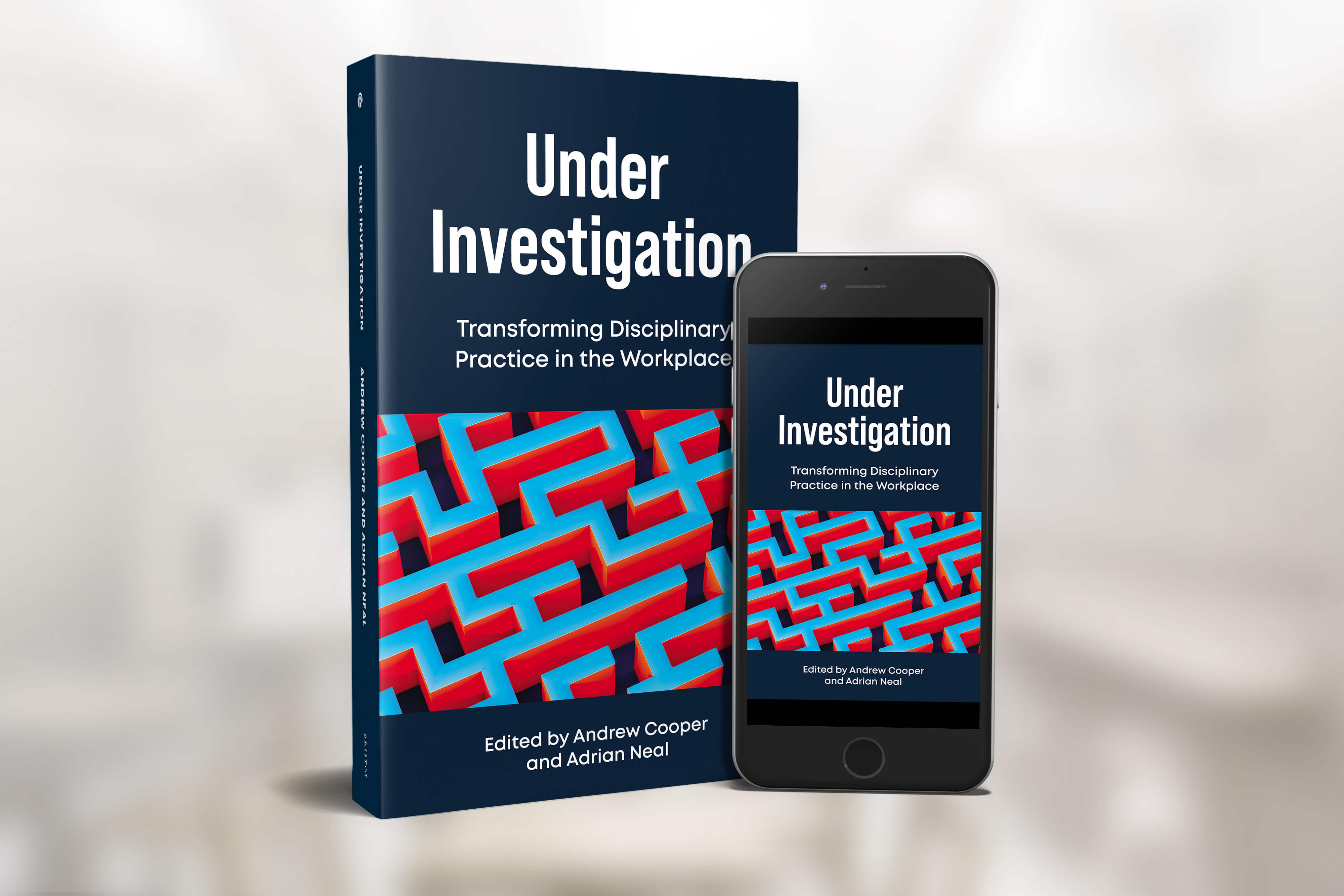
By Nick Pahl, Chief Executive, SOM
“HR doesn’t understand us!” How often have we heard occupational health (OH) colleagues say this, but it is not always the case.
There is a local authority where the HR team has embraced OH as a key partner when employees are taken through a disciplinary process. Previously, OH had limited involvement. They were just seen as rubber-stamping the process – providing little value for the employee or organisation. When employees were referred to OH, the question was simply: “Are they fit enough to go through the process?” This cannot be the way to manage people through one of the most difficult work experiences they are likely to face. The change started by repositioning the role of OH in the disciplinary process – ensuring its independence as it provided objective medical information.
OH now works much more closely with HR – reviewing cases with them every month, ensuring welfare meetings have taken place and providing any other support that is required. The OH team acts as a critical friend, sometimes challenging managers and HR on the decisions they are taking, based on its knowledge of the employee’s health and wellbeing.
The team is much more proactive. An employee going through a disciplinary process previously needed to self-refer to access the authority’s staff counselling service. Now managers and HR colleagues are fully briefed and able to refer an employee for emergency counselling if they feel it is required.
A “keeping safe plan” is developed with employees entering the disciplinary process which recognises the mental health risks, including suicide ideation. OH talks to employees about how they are, checking that they have people to support them, particularly over the weekend when support from work is not available. So, in this local authority, disciplinary process, which is so often seen as the sole preserve of the HR function, has become a team effort. And council staff, as well as the organisation itself, are better for it.
I take this story from a new book: ‘Under Investigation: Transforming Disciplinary Practice in the Workforce.’ Along with Dr Kevin Teoh, a senior lecturer in organisational psychology at Birkbeck Business School, I was privileged to co-write a chapter in it, and we featured the case study there.
The idea for ‘Under Investigation’ was prompted five years ago, when the editors discovered that many employees were being harmed by disciplinary processes in their own organisation. Collaborating with experts in a range of disciplines, including Kevin, they identified that the harm is not limited to employees. It affects the people conducting the investigations, the culture of the teams and organisations in which they work, and it hits the reputation and bottom line of businesses and organisations. The harm can be avoidable. The book provides practical steps that every business and organisation can take to make employee investigations a last resort, using them only when really needed. It sets out action for improving disciplinary policy and process, and organisational culture.
This fits with what we in OH know so well: that the design, organisation, and management of work is more important to an employee’s health than the personal factors affecting them. The book provides an opportunity for OH to act – to work in ways which may be quite different to how we work at the moment.
The employee harm caused by disciplinary policy and process – and which is well-evidenced in the book - opens a door for OH to collaborate with HR to influence how work is designed and implemented. By taking such a systematic approach, we can avoid unnecessary harmful investigations, support people who are going through the process and help those who are in distress because of it.
And perhaps we can then say: “HR understands us after all!”
‘Under Investigation: Transforming Disciplinary Practice in the Workplace’ edited by Andrew Cooper and Adrian Neal, published by Bristol University Press on 5 November 2025, RRP £19.99, available here and from all good bookshops.

